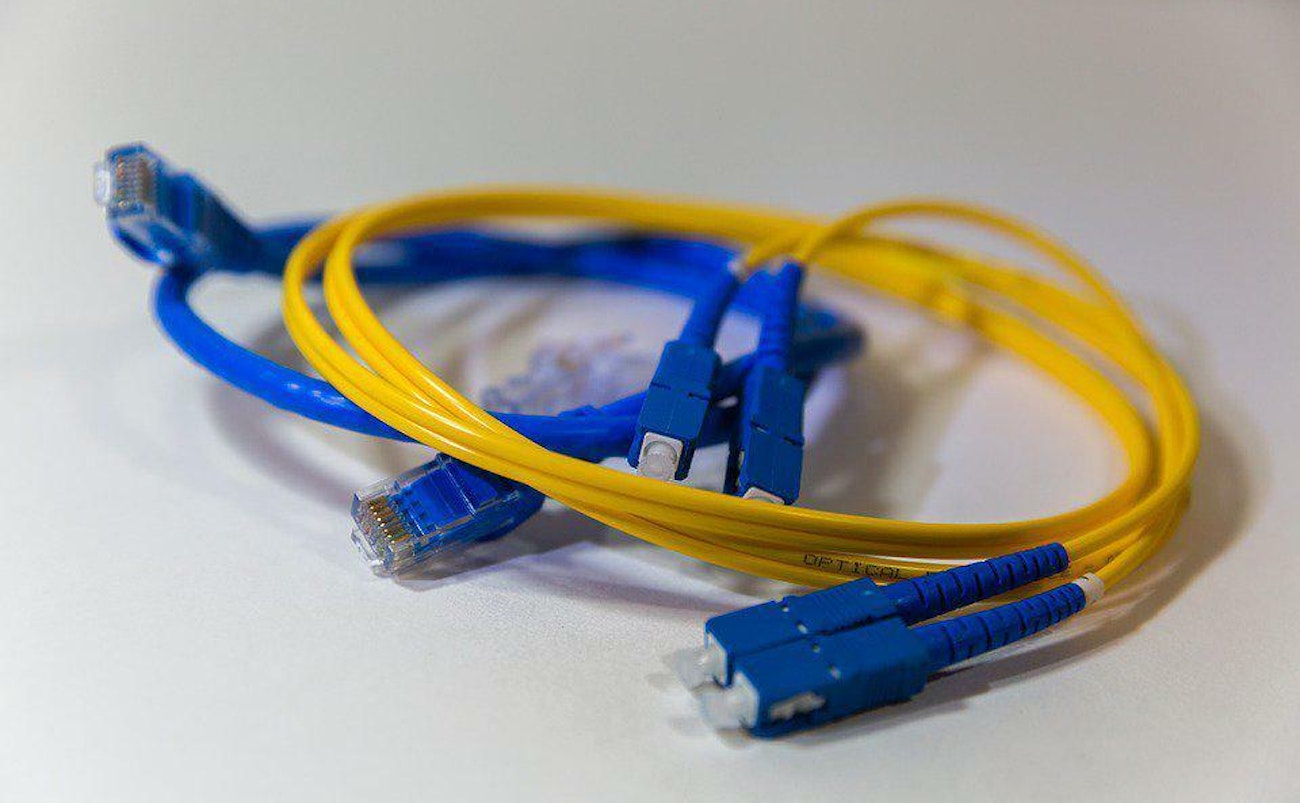It’s not Continuity Without Connectivity

With the popularity of VoIP for cheaper, flexible, scalable phone capacity, many of us are now also using connectivity where a traditional phone line was used. And boxed licenses are being replaced with subscription based services such as O365, offering a more economical solution for businesses. Our employees are still running the show, but it’s our connectivity that’s allowing them to do it.
There are a variety of factors that can take your connectivity down, from natural disasters, to cyberattacks, human error or issues like damaged fibre. Outages of several days have been experienced by businesses when every day occurrences such as fires breaking out or builders severing links.
Any prolonged lack of activity can have a detrimental effect on productivity, profits, brand reputation, and customer service.
The best strategy to avoid this, is to organise an internet failover. This is a redundant connectivity solution, on-hand, and ready to take over when your primary connection goes down. It should be totally independent of your main solution. This can be achieved by using a different ISP but be aware that different fibre providers may be using the same infrastructure so be vulnerable to the same issues. It is actually better to use two entirely different methods of accessing the internet.
Employing a diverse medium, such as wireless fibre, can cost as little as £150 a month, yet businesses who would never contemplate operating without insurance, don’t prioritise it. Spending less than £2000 a year to ensure continuity of connectivity and protect your business’ ability to function, just makes sense.
Wireless fibre (like Optimity’s Wibre™ solution) can kick in when fibre fails. Yes, it can also be vulnerable to some of the same factors like natural disasters, but it can’t be damaged by diggers, is less susceptible to cyber threats (its high levels of security means it was initially used by the military) and because of its physical location, it’s less vulnerable to human error.
Spending a couple of hundred pounds a month to secure your data can save you the thousands it would cost with just one day of no connectivity. The cross over could be so instantaneous, your business wouldn’t miss a beat, you could still answer and make calls, access business critical functions and operate totally normally.
A lot of businesses don’t realise the level of disruption until they face such a challenge, but if you are a business operating without a backup connectivity solution, as part of your continuity plan, you are doing yourself a disservice. It really should be at the forefront of your strategy and not a costly afterthought.





